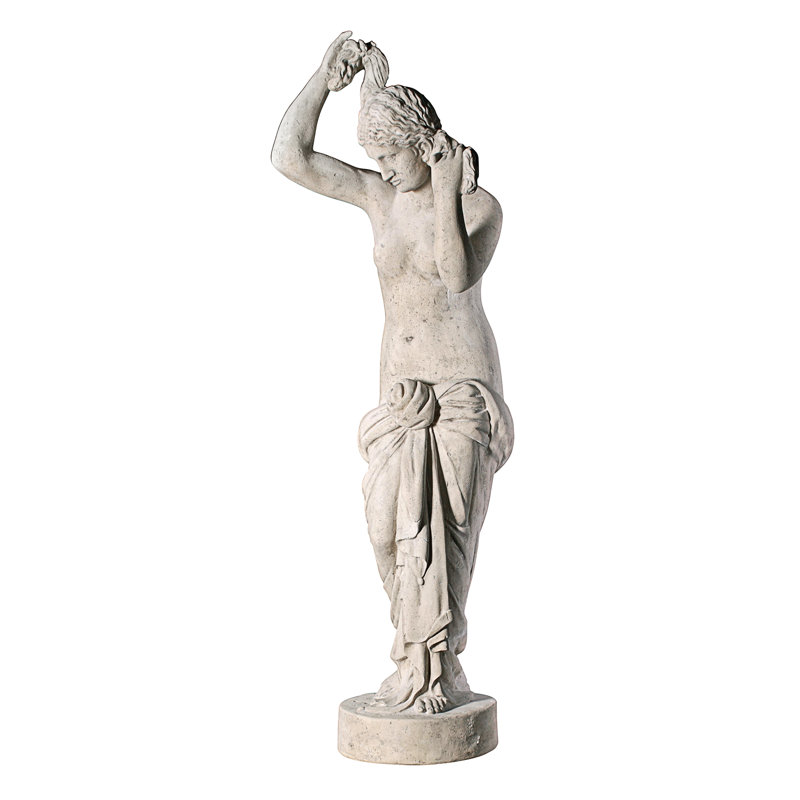

Hemera, it is known, sought revenge with wit and cunning intelligence rather than uncontrolled rage. Hemera’s anger was neither uncontrollable nor extreme like the other deities and hence, the list of her rage or punishments is not that long. Not much is known about Hemera’s personality although it is widely believed that her hatred was as cold as her love was warm. It is believed that she was a popular goddess who “brightened the dark with the morning in her teeth.” She is referred to as a ‘happy goddess’ who was also considered as the goddess of new beginnings and optimism. But even though her powers were entirely substituted by Eos, Hemera was the personification of the Day and Night and one of the most primordial deities. The primeval goddess of the day, Hemera as per se had no special powers that could hold her in a position of importance for long. But Hemera became largely irrelevant in mythology later as her presence was entirely taken up and consumed by Eos. His name has however lived on to be as the God of Air and Space in heaven in the later future. Aether, too, was replaced by Theia who was the goddess of the blue sky and the shining light of heaven. Hemera’s role is taken over almost entirely in mythology by the Goddess of Dawn – Eos.

But soon Hemera and Aether lose out on their touch of importance in heaven and are almost side lined by other gods and goddesses. She was named Thalassa and was the Goddess of the Sea. Hemera was also the wife of Aether and legend goes that it was them who dethroned their parents to claim supreme power and control over Heaven. It is because of them that mankind could live with sunlight and life could exist on earth. It is said the Hemera and her brother Aether brought forth day and light into the world. Legend goes that every morning Hemera pulls up the curtain of the night from Erebus and allows her brother Aether’s light shine through the heaven and reaches the Earth. She had a brother too named Aether, who was the God of Heavenly light. Hemera was hailed as the first Goddess of the Day. She was the daughter of Erebus, the Greek god of night and Nyx, the goddess of night. Hailed as the goddess of daylight and daytime, there are several myths surrounding Hemera that have recorded in the mythological history. However, some gods and goddesses shone above others and received extraordinary importance from the Greeks. They have had deities for almost every existing entity. Greek and Roman civilizations have forever been based on an extraordinary number of gods and goddesses.


 0 kommentar(er)
0 kommentar(er)
